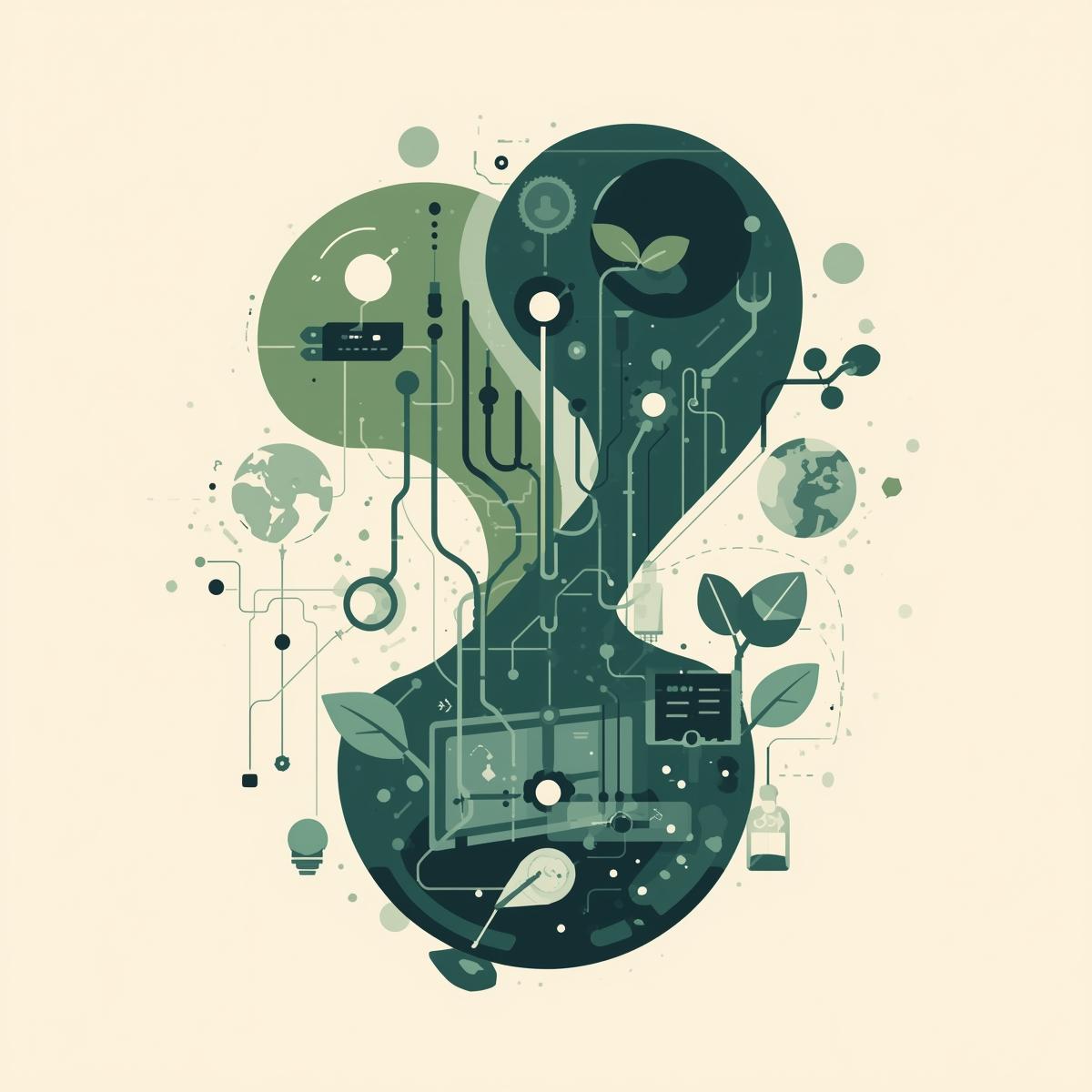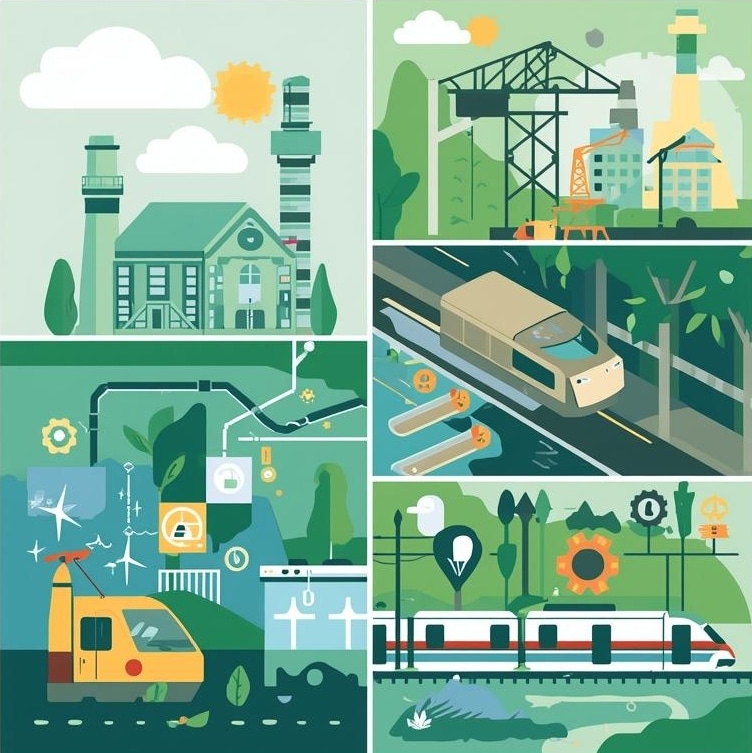Research
at Green Forum
Our Scientific Mission
We believe that the knowledge we need today is co-made. Disciplines and communities should be involved at each step of knowledge production. Green Forum spans the full arc—from fundamental, explorative, and future-thinking theories to applied research and experiments.
We live in a post-truth era where science is attacked and trust in politics is declining. In this world, we urgently need a new evidence-based connection between citizens, policy makers and our common resources.
This is where Green Forum’s unique position calls for action. In our collaboration with partners, we have increasingly engaged in knowledge creation and knowledge sharing. Green Forum is actively working to connect science and politics.
By embedding expertise and science into projects, we co-create agendas with global and local partners. We are testing new methods to support our partners, to build hope and credibility between citizens and Green politics.
Recognising the shortcomings of international development and cooperation in mitigating humanities biggest threats, Green Forum aims at building strong partnerships where complexity is embraced as an opportunity. Together, we can ask the difficult questions and shape a sustainable future.
New Green Narratives
The New Green Narratives (NGN) initiative experiments with new approaches to replace top-down climate messaging with bottom-up, evidence-based storytelling.
 Learn more
Learn more
Our Approach
NGN blends a continuous literature review with semi-structured interviews and sharing circles, with a methodology our unit has worked on for 4 years. Our methods have been piloted in partner countries as well as in COP events since 2024. The initiative centers on underrepresented and indigenous voices, and maps how citizen's direct environments shape daily life.
How does it work?
NGN stems from background research - made in contemporary epistemology, information and communication sciences, philosophy, and science and technology studies. And from the field. Notably, the initiative benefits directly from Green Forum's innovative formats such as the "Gender Reverse Bootcamp" and the "Science Meets Politics" conference.
Using the results
We hope that the findings get translated into policies, campaign assets, training for parties, youth wings, and civic groups. Our goal: to make climate action personal, democratic, and lasting.
The arcs as a foundation of our research and innovation

We believe in the connection of theory and practice.
Case Studies
Take a look at some case studies that illustrate how we connect theory, research, and practice at Green Forum!
Flipping Roles: The Gender Reverse Bootcamp
Around the world, gender inequalities are strikingly evident. Yet, legislative protection and measures to address these gaps are often missing. An experiment reverses gender roles for limited time to help young adults understand this injustice.
 Read More
Read More
Together to Strengthen Green Politics in Kenya
Kenya’s institutions and models of political and economic governance have largely remained non-inclusive since independence. Green Forum and its local partners work together to advance the green agenda. In addition, the Science Meets Politics Conference brought together most political parties and scientists to discuss climate change.
 Read More
Read More
Publications
Scientific publications from our projects
Tomak, I. and Garattini, L. (2025). What has Europe ever done to/for us? Europe’s Gordian knot in drifting climate and geopolitics; published in ENoP 2025
Related scientific publications from our researcher
Garattini, L. (2025). False Prophets and "Gods Among Us": Operational Ontogenesis of Artificial Immanence
Garattini, L. (2025). AI Torchbearers: Building the Foundations of Artificial Immanence. The Age of Machines
Garattini, L. (2025). AI Wakening: Modernity and the Rise of an Artificial World
Garattini, L. (2025). The Dream of AI: Breaking the chains of artificial metaphysics. The Enlightenments and the Mechanical Nature
Garattini, L. (2024). The Tartarus of AI - Artificial Immanence in the Dungeons of Ontology. Antiquity to Middle Ages
Garattini, L. (2022). Gender Reverse Bootcamp: an Experimentation in Madagascar (French)
Garattini L. (2018). La mise en culture des objets techniques : de quoi parle-t-on ? Le robot humanoïde, ce nouveau cheval de Troie, Lex Robotica, Le droit à l'épreuve de la robotique, éditions Lextenso, pp. 5-19. (French)
Garattini, L. and Paloque-Bergès, C. (2017). Berenson, a nonworker Robot (French)
Garattini, L. "De l’ontologie à l’ontogénèse : ce que le robot humanoïde nous invite à penser sur l’humain et la technique", in Isabelle Barbéris, Françoise Dubor. Après l'anthropo(s)cène: la création scénique à l'ère du posthumain. Degrés : revue de synthèse à orientation sémiologique, 2016. ⟨hal-03915332⟩, p.62-76. (French)
Garattini, L. (2014). Sylvie Catellin, Sérendipité. Du conte au concept (French)
Technical Notes
Working paper: "The Ecology of Sustainable Heavy Industry: A working paper for Inchoative Design as a Metric and a Method"
Concept Note: "From Coal Locks to Garden-Like Mills: A Concept Note on Steel Transitions"
Theoretical Note: The Ecology of the Artificial: Simondon and Inchoative Design"
Technical Note 1: "Inchoative Design for Ammonia: From Parasitic Fixation to Symbiotic Nitrogen. A Technical Note"
Technical Note 2: Steelmaking: Toward Symbiotic Metallurgy
Technical Note 3: "Cement – Concrete Steps to Built Environments. A Technical Note"
Technical Note 4: "Diagnosing Plastics Systems – Participation as Method"
Discussion Paper: "Toward an Ecotopian Research Project for Green Politics. Discussion Paper"

